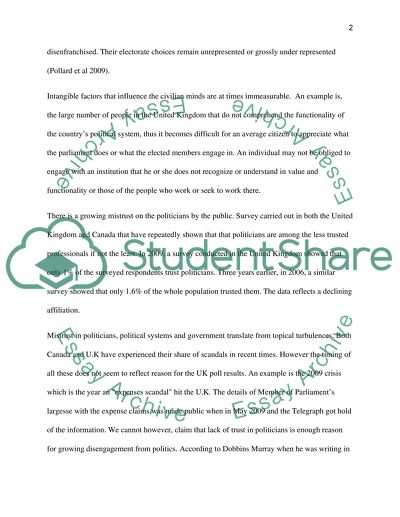Cite this document
(“POLITICAL DISENGAGEMENT Essay Example | Topics and Well Written Essays - 1750 words”, n.d.)
Retrieved from https://studentshare.org/history/1619141-political-disengagement
Retrieved from https://studentshare.org/history/1619141-political-disengagement
(POLITICAL DISENGAGEMENT Essay Example | Topics and Well Written Essays - 1750 Words)
https://studentshare.org/history/1619141-political-disengagement.
https://studentshare.org/history/1619141-political-disengagement.
“POLITICAL DISENGAGEMENT Essay Example | Topics and Well Written Essays - 1750 Words”, n.d. https://studentshare.org/history/1619141-political-disengagement.


